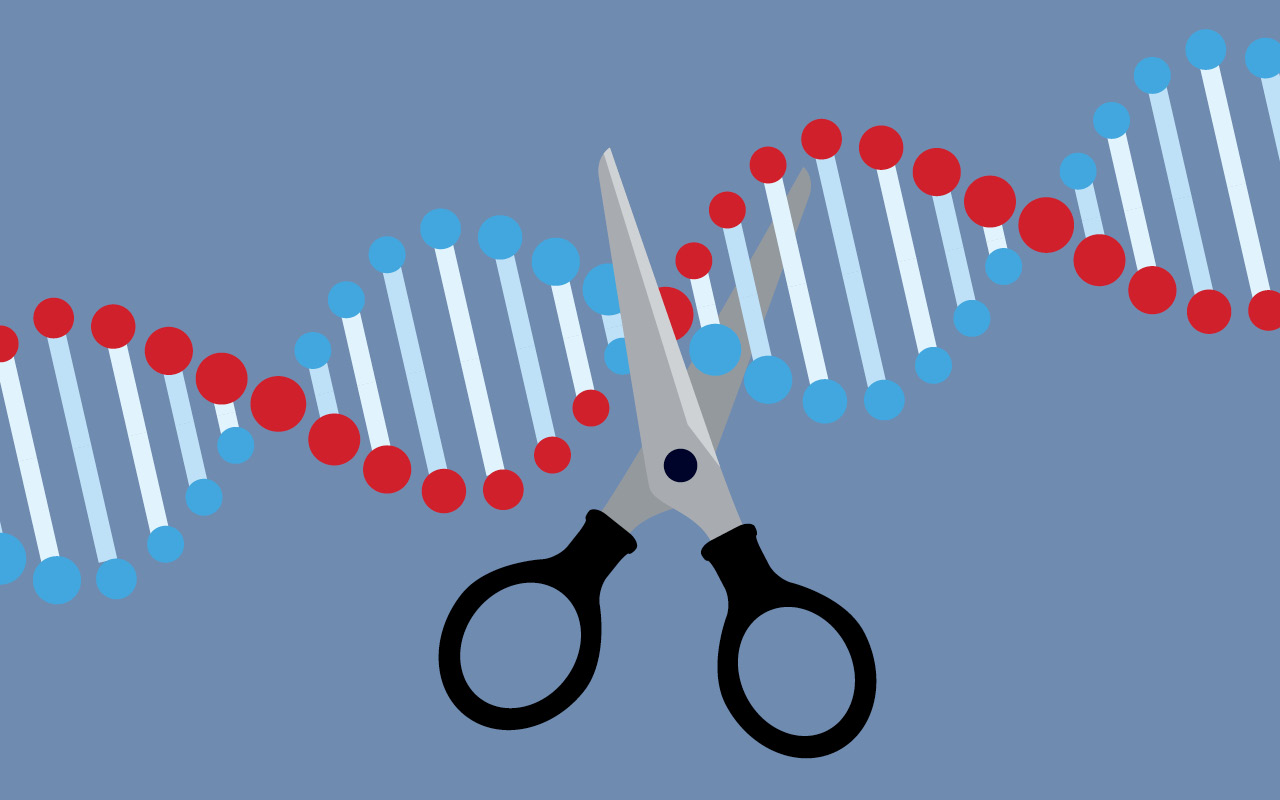
In November, we covered some very exciting news from ViaCyte and CRISPR: The launch of a clinical trial for VCTX210 to test a gene-edited stem cell replacement therapy for type 1 diabetes (T1D). Yesterday, they passed an important milestone—the first person has received the therapy.
This novel therapy is designed to eliminate the need for immune suppression.
How It Works
To cure people with established T1D, two things must happen. The body must regain the ability to produce insulin, and the cells that make the insulin must be able to thrive inside the body, safe from immune attack. The approach taken by ViaCyte and CRISPR utilizes gene-edited precursor cells to accomplish this.
Precursor cells are cells that require further maturation before they are fully functional. These cells have been genetically modified to make them immune-evasive, i.e., they can function inside the body without being attacked by the immune system. Because they have been designed to evade the immune system, immunosuppressive therapy is not required to keep the cells alive.
This phase I trial is studying the safety of the therapy, the body’s ability to tolerate it, and the immune-evasiveness of the cells. Enrollment began in late 2021 in Canada. If the phase I trial is successful, further trials will specifically look to examine the efficacy of the therapy to see if it works as planned, restoring insulin production without the need for chronic immune suppression.
Breakthrough T1D Leadership
Breakthrough T1D has been a long-time and significant supporter of ViaCyte, supporting the company through research funding, as well as advocating for government funding for the California Institute of Regenerative Medicine, which also supported ViaCyte. Our funding 15 years ago (when ViaCyte was called CyThera) underwrote development of the proprietary line of precursor stem cells used in their treatment. Breakthrough T1D also funded the preclinical and clinical studies of ViaCyte’s PEC-01™ therapies, which are designed to mature precursor cells into functional islet tissue in humans, including glucose-responsive insulin-secreting beta cells. This includes the first ever clinical trial to test a stem cell-derived cell replacement therapy for T1D, in 2014.
This funding is one of several approaches to cell replacement Breakthrough T1D has advanced through research funding as part of the Breakthrough T1D Cell Replacement Consortium. Visit here to find out more about our program.